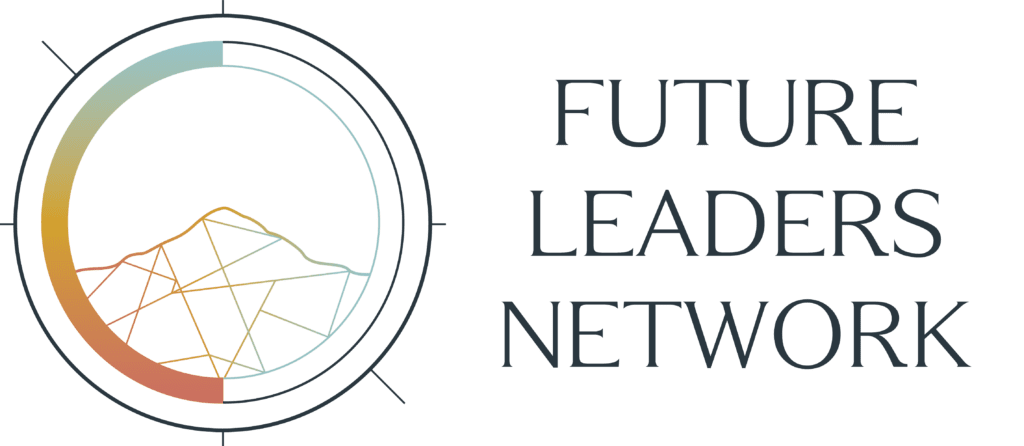
Women youth leaders call for progress in gender equality on International Women’s Day
Caroline Sagalchik, Evie Aspinall, Mira Gunkel, Mojann Zibapour, and Rachele De Angelis
IN ITS 2020 GLOBAL GENDER GAP REPORT, THE WORLD ECONOMIC FORUM SOBERINGLY CONCLUDED THAT NEITHER WE, NOR OUR CHILDREN, WILL SEE GENDER PARITY IN OUR LIFETIMES.
The report benchmarks 153 countries on their progress towards gender parity in 4 dimensions: Economic Participation and Opportunity, Educational Attainment, Health and Survival, and Political Empowerment. The most progress has been achieved in the education dimension where, given the right policies, it will take just 12 years to achieve parity. On the other hand, closing the gender gap in political representation will take nearly a century.
The COVID-19 pandemic has only worsened the situation, deteriorating progress in the dimensions of economic participation and health. Whilst men are more likely to suffer from the health impacts of the COVID-19, women are suffering profoundly from many of the negative externalities caused by the pandemic. Women are more likely to work in healthcare and care services, where there is a significantly higher risk of exposure to the virus with no concurrent rise in salary. Closed schools and daycares have forced women to take on caring responsibilities, whilst still juggling their on-going work commitments. And, at a time when we are all asked to stay at home to protect ourselves and others from spreading the virus, home is not a safe space for a large number of women. Women shelters have consistently reported an increase in the demand for rooms with more women escaping domestic abuse during lockdown.
The pandemic has also moved even more of our lives online and dependent on technology. This new reality has highlighted the harsh truth that online gendered abuse and disinformation have become an international issue. Online gendered abuse or gendered cyber harassment are not new phenomena by any means, and yet scarcely anything has been done in the past decade to help regulate online spaces. Cyber crimes against women are harder to define than traditional harassment, and yet they can have significant economic, social, psychological and emotional impacts. It is too easy for groups or entire platforms to organize and feel emboldened in misogynistic or sexist messaging which continues to undermine and threaten women. Furthermore, online gendered abuse is very often combined with racist narratives which further intensifies threats for marginalized women or women of colour.
Outside of the pandemic, the political hurdles that women have long faced are still on-going. The WEF Global Gender Report highlighted that only few countries have closed at least 50% of their Political Empowerment gaps, which demonstrates how women’s presence and participation in politics is still extremely limited. Female MPs account for only 25% of the global seats, and in the executives, the presence of women gets even thinner, as only 21% of the world’s ministers are women. The G7 countries have a major responsibility not only in leading, but in enacting this change to happen. Indeed, over the past 50 years, 85 of the 153 countries covered by the WEF report have never seen a woman as head of state. Among them, there are still three G7 countries. OECD studies demonstrated that mainstreaming fair representation and participation of women and men in public life, especially in leadership positions, is crucial to realising gender equality and can help eliminate gender-based discrimination across the society. This happens as public institutions composition, when reflecting the true balance of societies, increases the legitimation of just policies aimed at equality, and can spill over to other sectors of the society. This legitimation tends to be replicated in other work environments, as well as at home, where the majority of gender abuses still occur.
It is clear that there is still a long way to go.
While we have made small positive steps towards gender equality, women continue to face discrimination and prejudice every day, and the pandemic threatens to set back much of the progress that has been made towards gender equality. If we want to turn the tide on gender equality, we have to seize the opportunities presented by the pandemic recovery to imagine a new and different future. A future which recognises women’s work as equally valuable as men’s, in which women do not live in fear of harassment and abuse, and in which women are understood and empowered as political participants and decision-makers. As the Youth G7 (Y7) Leaders we believe such a future is possible. We know that we can, and must, do more to create a world that works for people of all genders and that as change-makers we can, and will, make this future a reality.
The women head delegates of the 2021 Y7 are proud to be representing the majority of Y7 head delegates and are committed to ensuring that our policy proposals in the spheres of Digital and Technology, Economy, Climate, and Health focus on improving women’s lives and closing the gender gap.





